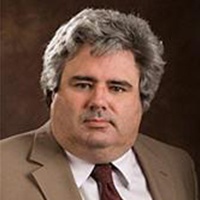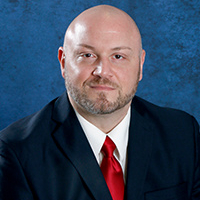 Luzerne County, PA Misdemeanor Lawyers
Luzerne County, PA Misdemeanor Lawyers
Sponsored Law Firm
-
 x
x

Click For More Info:
-
Ciccarelli Law Offices
Numerous Office Locations Available» view mapCriminal Defense Success Is Our Mission
You gain the resources of a Team with 100 years of combined experience fighting for their clients throughout Pennsylvania.
888-240-0896
Not enough matches for Luzerne Misdemeanor lawyer.
Below are all Luzerne lawyers.
Sponsored Lawyers
1-10 of 79 matches
Criminal, DUI-DWI, Accident & Injury, Social Security, Motor Vehicle
Attorney John B. Pike has been representing clients in Kingston, PA and throughout the surrounding Northeastern Pennsylvania area for over 25 years. John B. Pike, Attorney at Law offers legal services across a broad range of practice areas, with a particular focus in Car Accident, Criminal Law and Social Security Disability cases.
(more)Accident & Injury, Personal Injury, Car Accident, Wrongful Death
Cathy O’Donnell is the Vice President of the Wilkes-Barre Law & Library Association (Luzerne County Bar); Chairperson Luzerne County Dress for Success; a member of the Board of Directors United Way Wyoming Valley; and a member of the Board of Directors for Junior Leadership of Wilkes-Barre. She is an MBA, member of the DC Bar, and served as a District Justice from 2000 to January 2002. In addition to her practice areas, Cathy serves as the Firm’s Business Manager.
(more)Car Accident, Workers' Compensation, Estate, Divorce & Family Law, Real Estate
John Gallagher proudly serves Hazleton, Pennsylvania and the neighboring communities in the areas of car accident, workers' compensation, estate, divorce & family law, and real estate law.
(more)Workers' Compensation, Wrongful Death, Accident & Injury, Personal Injury
I chose to represent people who unfortunately suffered a life-altering injury because I saw first-hand the impact that this can have on a loved one and their family. What sets me apart is that when a client leaves my office, they have peace of mind knowing that they and their family will be protected. I have been representing injured clients for two decades and have recovered millions of dollars in damages for my clients. First and foremost, I make sure they get the proper medical care that they require. I provide representation for Workers’ Compensation, Heart and Lung Act, and Act 632/534 Benefits throughout Pennsylvania. I represent injured workers, including police officers, firefighters, correction officers, and injured union and non-union members. I handle all aspects of the litigation for workers’ compensation, Heart and Lung Act, and Act 632/534 benefits. These benefits include return to work orders, appeals from the denial of benefits, permanency proceedings, disability pensions, short and long-term disability benefits, offsets, collective bargaining agreement grievances, arbitrations, unfair labor practices, lump sum settlements and buyouts.
(more)


 Lee Ciccarelli West Chester, PA
Lee Ciccarelli West Chester, PA AboutCiccarelli Law Offices
AboutCiccarelli Law Offices Practice AreasSpecializations
Practice AreasSpecializations




